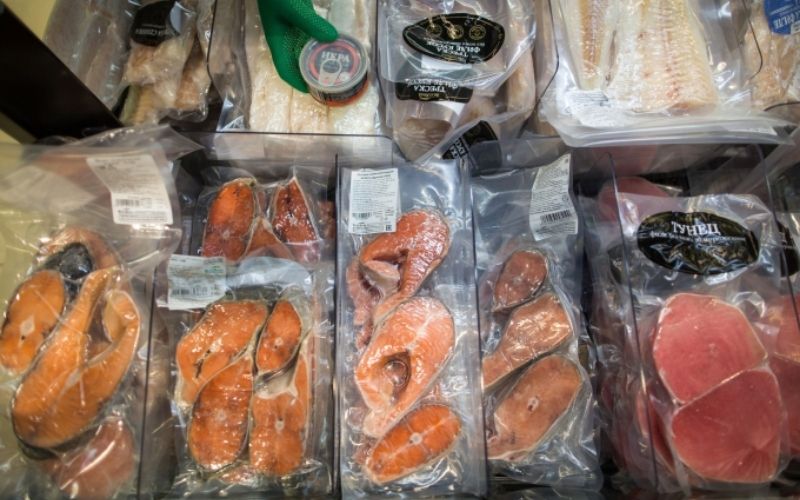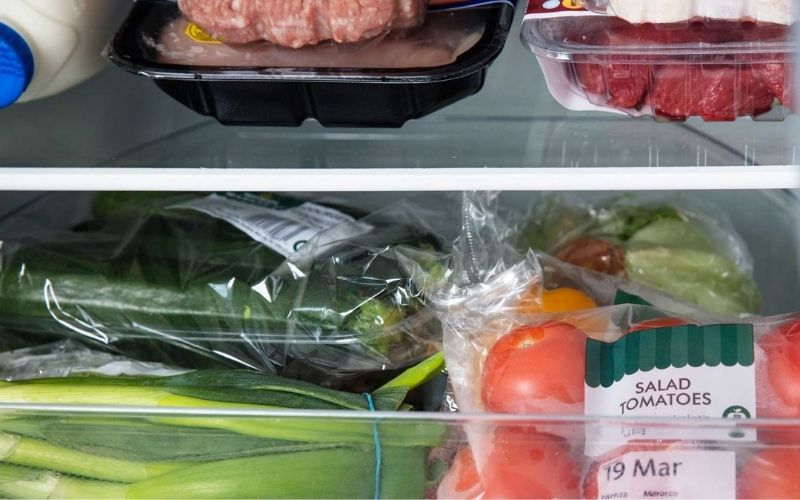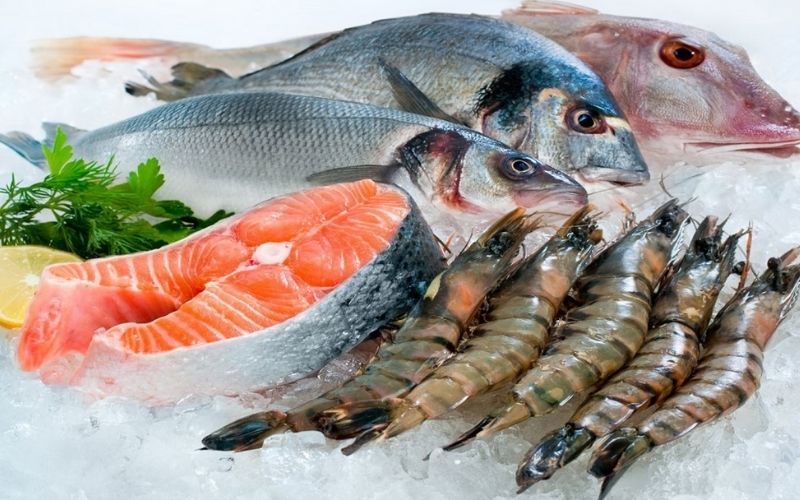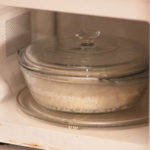Refrigerators have become essential in preserving the freshness of food for Vietnamese families. However, prolonged power outages can render refrigerators inoperable, making food storage more challenging.
So, how can you determine which foods are still safe to consume and which ones need to be discarded to avoid health risks? Let’s explore these guidelines for various food categories.
1 Fruits
For fruits, you can continue storing them in the refrigerator if they still retain their fresh flavor and haven’t developed any unpleasant odors.
 Fruits can be safely stored in the refrigerator after a power outage if they remain fragrant and tasty
Fruits can be safely stored in the refrigerator after a power outage if they remain fragrant and tasty
2 Ready-to-eat Frozen Foods
Once thawed due to a prolonged power outage, avoid refreezing ready-to-eat frozen foods. Instead, use them as soon as possible.
If they have completely lost their chill or exhibit strange odors, discard them immediately, as they may be contaminated with bacteria, leading to severe food poisoning if consumed.
Reference:
 Do not refreeze ready-to-eat frozen foods that have thawed during a power outage
Do not refreeze ready-to-eat frozen foods that have thawed during a power outage
3 Vegetables
Without sufficient cooling, bacteria in vegetables will proliferate, leading to spoilage and the development of strange odors.
If vegetables still have tiny ice crystals clinging to them, you can refreeze them, but their quality will be significantly diminished.
You should read:
 You can refreeze vegetables if they still have ice crystals on them
You can refreeze vegetables if they still have ice crystals on them
4 Meats
After a power outage or if the refrigerator temperature exceeds 4-5 degrees Celsius for more than 2 hours, avoid consuming meats like beef, pork, chicken, and duck if they emit unusual odors.
The reason is that they may have spoiled, and bacteria may have invaded. Consuming such meats poses a health risk.
For further reference:
 Do not consume meat with strange odors after thawing, as it may be contaminated with harmful bacteria
Do not consume meat with strange odors after thawing, as it may be contaminated with harmful bacteria
5 Seafood
Seafood like shrimp, crab, and fish that has been stored in a refrigerator during a power outage should not be refrozen if there are no ice crystals clinging to them. They may have spoiled, even if they don’t exhibit any unusual odors or tastes.
 Do not consume seafood that has been in a refrigerator during a prolonged power outage
Do not consume seafood that has been in a refrigerator during a prolonged power outage
6 Ice Creams
Refreezing melted ice cream after a power outage is a common practice. However, allowing ice cream to melt and then refreezing it poses a high risk of food poisoning because, during the melting process, the mixture of cream, sugar, and liquid creates favorable conditions for the growth of Listeria bacteria.
If the ice cream tastes strange, discard it immediately.
Reference:
 Refreezing melted ice cream and then consuming it can lead to a high risk of food poisoning
Refreezing melted ice cream and then consuming it can lead to a high risk of food poisoning
We hope that these guidelines will help you decide whether to refreeze or reuse food items that have lost their chill due to a power outage. Stay safe and healthy!
Further Reading: 7 for several weeks
Tips for Prolonging the Life of Refrigerator Labels
 Refrigerator Labels’>
Refrigerator Labels’>Are you looking for a way to keep your longan delicious and fresh for a long time? This article provides helpful advice for choosing high-quality longan and correctly storing it in the refrigerator for year-round enjoyment.
Common Misconceptions about Food Wrapping People Have
It is well known that food wrapping film can help preserve food and keep it safe for health. However, many people are unaware of the potential harms that can arise from improper use of food wrap. What mistakes are we talking about here?













